
Poder vs. Conseguir in Portuguese – Tease Them Apart
Portuguese language learners often struggle to discern between Poder and Conseguir, not least native English speakers or anyone using English as a reference since Can usually encompasses…

The Portuguese Verb Ficar – Conjugation and Usage
Ficar is a high-frequency and versatile Portuguese verb that every language learner should master as soon as possible. Depending on the context, Ficar may mean ‘stay’, ‘get’,…

50 Most Common Verbs in Portuguese
The shortest path to being able to interact in your target language is to focus on high-frequency words first – that is, to prioritize words that are…
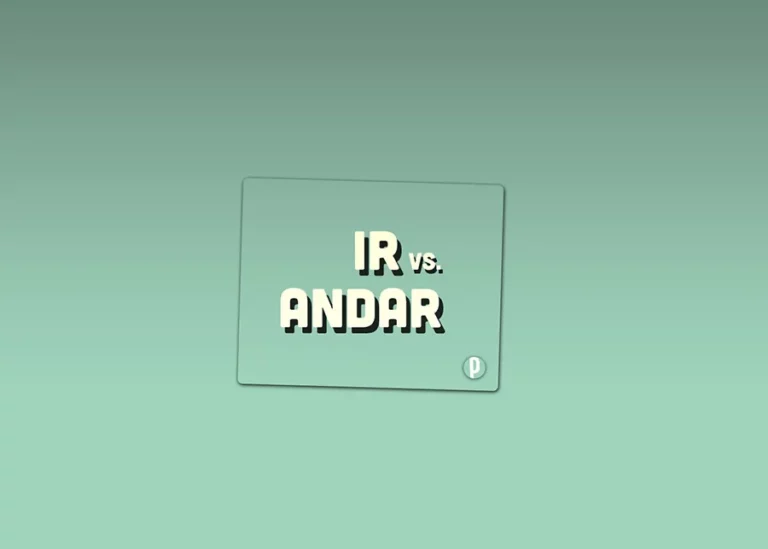
Portuguese Verbs “Ir” vs. “Andar” – Know When to Use Either
I’ve noticed that Portuguese language learners often use the verb Andar when they want to say Ir, and vice-versa. This happens almost without exception in a context…

Portuguese Modal Verbs
Modal verbs help us convey things like necessity, possibility, certainty, doubt, and ability. We use them all the time. You’d agree that the English sentences You must…

Portuguese Present Subjunctive (Presente Conjuntivo)
The use of the Subjunctive in Portuguese (Conjuntivo) is way more frequent than in English. That alone can be a stumbling block for many language learners as…
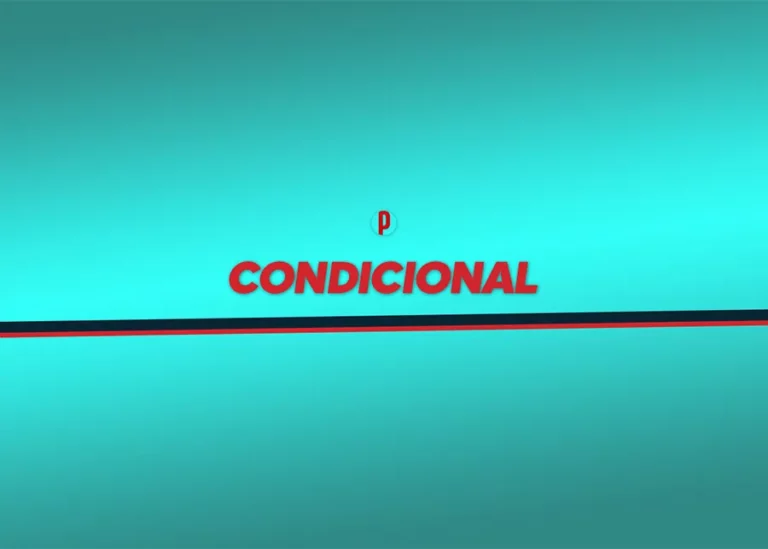
Conditional in Portuguese
In Portuguese, we use the Conditional tense to express desire, talk about unreal scenarios, or convey politeness. As you’ll soon see, however, the Imperfect tense (Pretérito Imperfeito)…
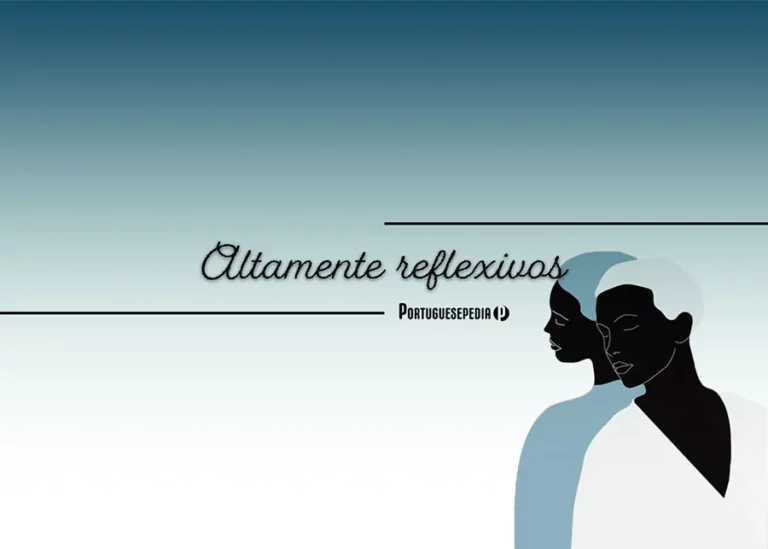
Portuguese Reflexive Verbs and Pronouns
Reflexive verbs are abundant in Portuguese and many of them are frequently used in everyday life. It is easy for language learners – especially those unfamiliar with…

The Verb Ter in Portuguese
In short, the verb Ter is the Portuguese equivalent of Have in English as both share the same basic meaning and are used to form Perfect tenses:…

Portuguese Yes-or-No Questions
In Portuguese specifically, yes-or-no questions look the same as declarative sentences, that is, the word order is kept unchanged. A few examples: DeclarativeTu estás no Porto. You are…
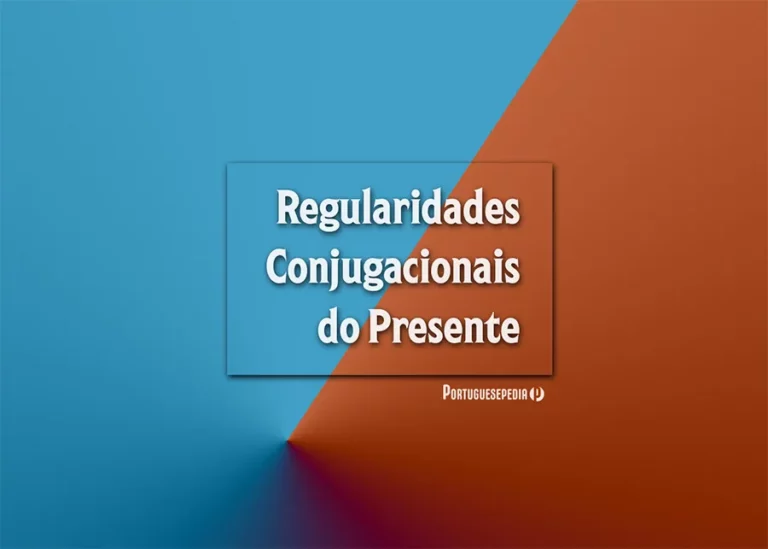
Portuguese Regular Verbs in the Present Tense
Portuguese verbs are indeed more cumbersome to learn than, say, English. Being a Romance language, Portuguese is not short of verb forms to keep track of. Fortunately,…

Falar vs. Dizer vs. Contar in Portuguese
Portuguese language learners often wonder about the difference between the verbs Falar, Dizer, and Contar. While they can sometimes be used interchangeably, certain contexts will call for…
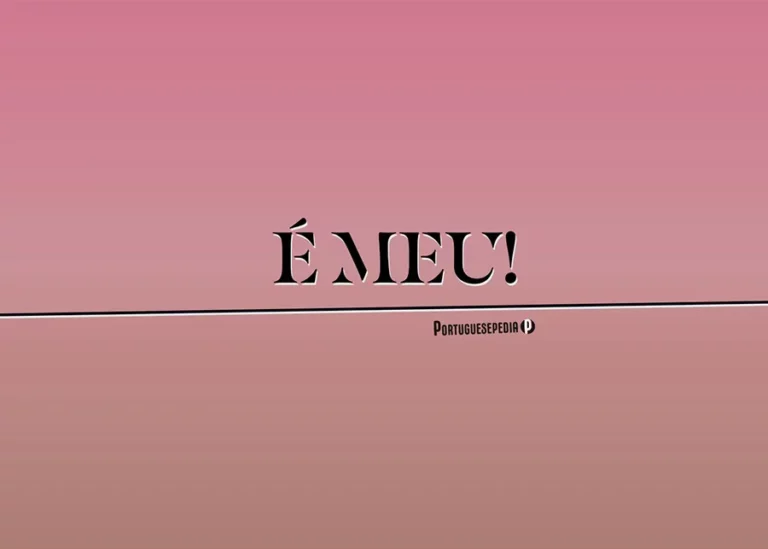
Portuguese Possessive Pronouns and Determiners
Portuguese possessive pronouns and determiners indicate possession. In English, these are words like my, your, his, her, our, their (possessive determiners) and mine, yours, his, hers, ours, theirs (possessive pronouns). Possessive pronouns and determiners…
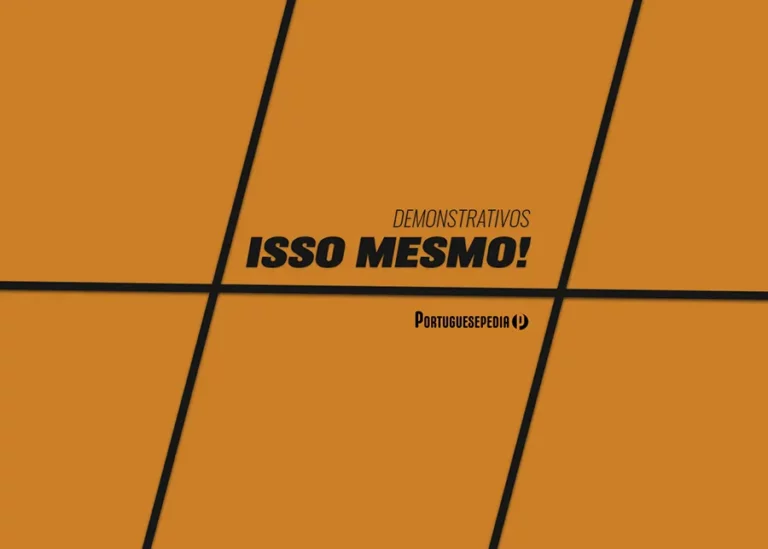
Portuguese Demonstrative Pronouns and Determiners
Demonstratives are words we use to point out a person or object, including their location concerning the speaker and hearer. Portuguese demonstratives work along the same lines…
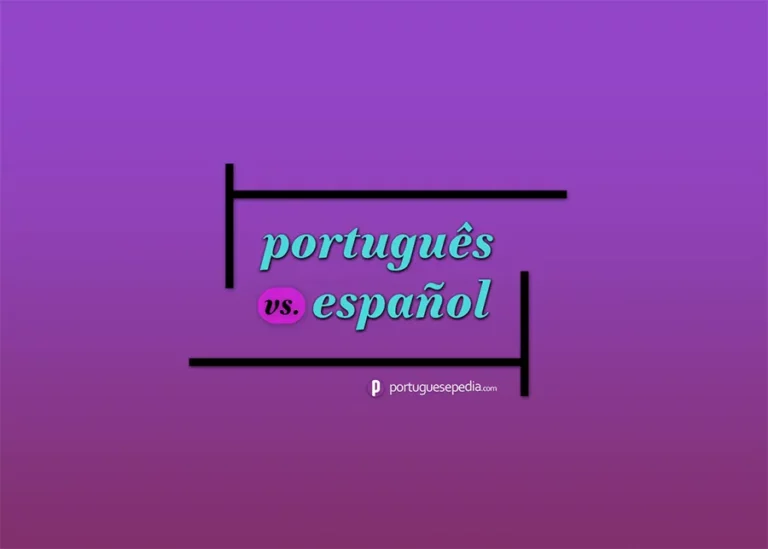
Portuguese vs. Spanish: How Similar Are They Actually?
Portuguese and Spanish are Romance languages that share a common root: they both stem from Vulgar Latin. But how similar are they? Portuguese and Spanish are different…

Basic Portuguese Grammar for Beginners
Introduction Understanding the fundamentals of Portuguese grammar can be extremely helpful. In this blog post, I’ll touch on a few relevant aspects of Portuguese grammar that you…

Portuguese Regular Verbs in the Past Tense
Let’s look at Portuguese regular verbs and conjugation patterns in the Past tense – both Preterite and Imperfect conjugations (aka Pretérito Perfeito and Pretérito Imperfeito). As you’ll…
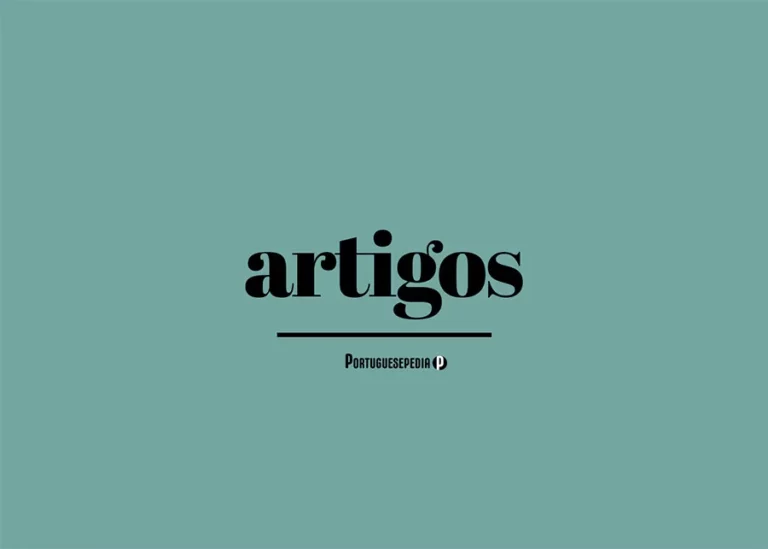
Portuguese Definite and Indefinite Articles – How and When to Use Them
Most languages do well without articles. In this sense, English and Romance languages like Portuguese belong to a minority. The Portuguese definite articles – o, a, os,…
